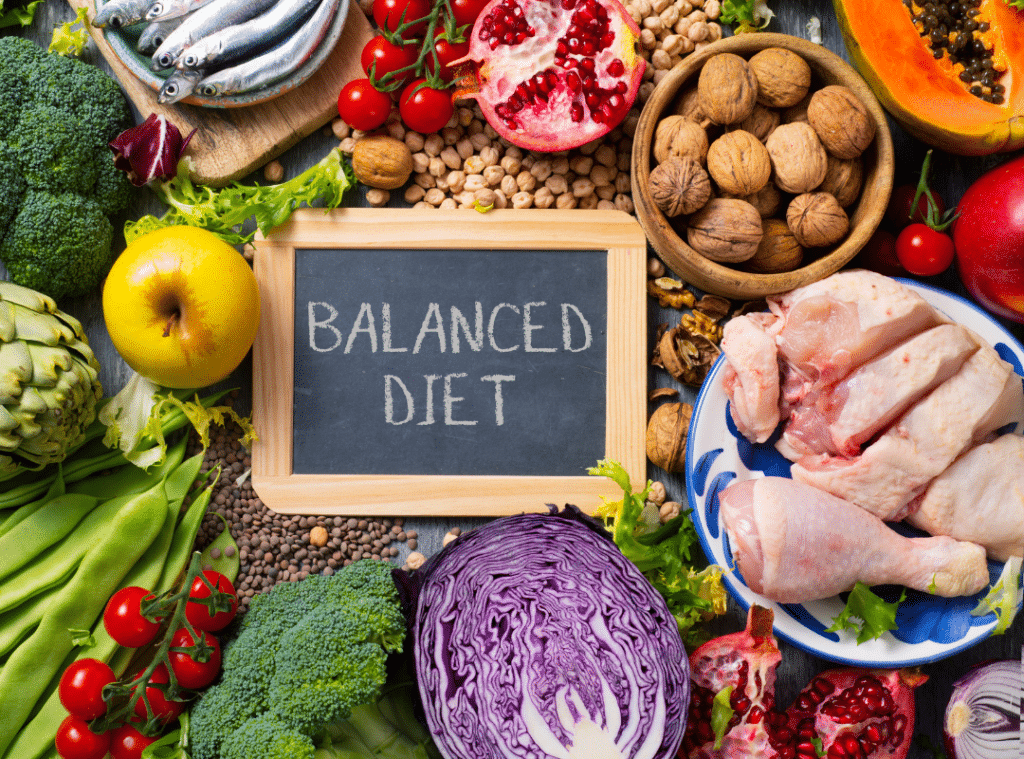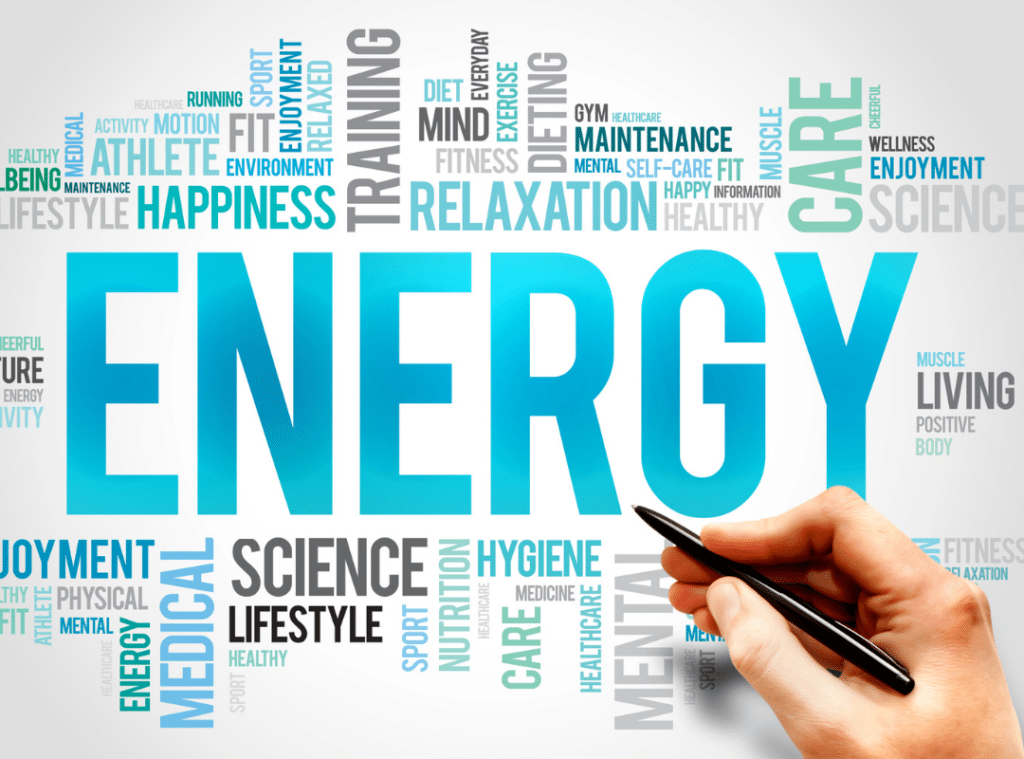As we age, maintaining consistent energy levels becomes essential to enjoying daily life and staying independent. Thankfully, choosing the right energy foods for the elderly can significantly improve strength, vitality, and overall well-being. From nutrient-packed meals to smart hydration and supplementation, there are many natural ways to stay energized without relying on caffeine or sugar.
This guide offers practical food and lifestyle choices that help seniors—and their caregivers—fuel up for the day. Whether you’re looking to add the best energy booster for seniors, discover instant energy food for old age, or explore energy drink fruit juice options, this article is packed with helpful tips and insights.
Learn more about maintaining energy and wellness at Westmont of La Mesa.
Nutrient-Dense Foods for Sustained Energy
One of the best ways to support vitality is through high-energy foods for the elderly. These options help provide sustained fuel without the spikes and crashes that come with sugar and processed snacks.
Whole grains such as brown rice, quinoa, and oatmeal are excellent sources of complex carbohydrates, providing steady energy throughout the day. Add a handful of nuts like almonds or walnuts for healthy fats and proteins. Beans and lentils are also superb for seniors—they’re rich in fiber and plant-based proteins, keeping blood sugar levels balanced.
Don’t forget colorful vegetables like spinach, bell peppers, and carrots, which supply essential vitamins. Sweet potatoes are another fantastic addition, offering complex carbs and antioxidants. And for a quick, natural boost, snack on bananas or berries, which are packed with energy-enhancing nutrients.
Read more about maintaining a balanced senior diet here: How to Ensure a Balanced Diet for Seniors in Assisted Living.
The Role of Hydration in Energy Levels
Water might not be the first thing you think of when boosting energy, but it’s foundational to good health. Dehydration can sap your strength and leave you feeling sluggish.
Aim for at least eight cups of water a day—more if you’re active or live in a warm climate. Hydrating foods like watermelon, cucumbers, and oranges can also help you meet your fluid needs.
For variety, you might try energy drink fruit juice options made from natural sources like beetroot juice, coconut water, or mixed berry blends with added electrolytes. Just be sure to read labels and avoid high-sugar or artificially sweetened versions.
Staying hydrated is especially vital in aging populations, where the sensation of thirst might not be as strong. Learn how hydration can help reduce chronic disease risks in seniors here: Can Food Boost Longevity? Nutrition for Older Adults.
Essential Vitamins and Minerals for Vitality
No matter your age, your body relies on key nutrients to produce energy efficiently. For seniors, certain vitamins and minerals take center stage.
- Vitamin B12: Supports red blood cell formation and energy metabolism. Found in eggs, lean meats, fish, and fortified cereals.
- Iron: Vital for oxygen transport and energy. Good sources include spinach, lentils, and organ meats.
- Magnesium: Crucial for muscle and nerve function. Add almonds, pumpkin seeds, and whole grains to your meals.
These vitamins are especially important when choosing instant energy food for older adults. Supplements may help, but getting nutrients from whole foods is always preferred. Complementing your diet with light exercise can further support energy production—read more: Parent Care Tips: Managing Arthritis in Seniors.

Foods to Avoid for Optimal Energy
Just as certain foods can support your energy levels, others can drag them down.
Here’s what to avoid:
- Sugary snacks and sodas: These spike blood sugar and leave you feeling more tired later.
- Refined carbohydrates: White bread, pastries, and processed cereals offer little nutrition.
- Salty snacks: Can cause dehydration, especially in hot weather or after exercise.
- Fried foods and heavy meals: They take more effort to digest and may lead to sluggishness.
By avoiding these, you’re making space in your diet for high-energy foods for the elderly that nourish your body and keep you alert. Balanced, inclusive diets are also better for long-term wellness—explore more in this resource: Cultural Sensitivity in Assisted Living.
Simple Meal Ideas for Increased Strength
Wondering how to turn these insights into real meals? Here are some simple, nutritious ideas that double as the best energy boosters for seniors:
- Breakfast: Oatmeal topped with walnuts and sliced bananas. Add a boiled egg or Greek yogurt for protein.
- Lunch: Quinoa and black bean salad with chopped vegetables and olive oil dressing.
- Dinner: Grilled salmon with a side of sweet potato mash and steamed broccoli.
- Snacks: Hummus with carrot sticks, cottage cheese with pineapple, or a smoothie with spinach, berries, and protein powder.
For a refreshing drink, blend coconut water with mixed berries to create a delicious energy drink fruit juice that hydrates and energizes. These meals can be easily adapted for varying dietary needs.
Don’t forget foods rich in calcium and vitamin D, such as dairy products and fortified almond milk, to support bone health as well: The Best Foods to Combat Osteoporosis in Seniors.
- National Institute on Aging – Smart Food Choices for Healthy Aging
- Harvard Health – Foods That Fight Fatigue
- Mayo Clinic – Nutrition and Healthy Eating for Older Adults
These expert sources provide more ideas and science-backed guidance on energy foods for the elderly and help you or your loved one make informed dietary choices.

Fuel Your Life with Energy-Rich Nutrition
Prioritizing energy foods for the elderly is one of the most empowering steps you can take toward long-term strength and independence. When you combine high-energy foods for the elderly with proper hydration, essential nutrients, and smart meal planning, you’re laying the groundwork for a more active and fulfilling lifestyle.
Whether you’re preparing meals for yourself or caring for an older loved one, understanding the value of instant energy food for old age and the best energy booster for seniors makes all the difference. Even small changes—like swapping soda for a natural energy drink, fruit juice, or choosing quinoa over white rice—can have lasting impacts on energy, mood, and overall wellness.
At Westmont of La Mesa, we believe nutrition is central to aging well. Interested in learning how we can help support your lifestyle goals? Give us a call at 619-369-9700 or schedule a Tour today to explore how we integrate energy-boosting nutrition into everyday life.
Let’s make every day vibrant, starting with what’s on your plate.
Dive into the vibrant life our Westmont communities have to offer.Find Where You Belong
Frequently Asked Questions
What foods are good for energy for seniors?
Foods rich in complex carbohydrates, fiber, protein, and healthy fats are excellent for boosting energy in seniors. Examples include whole grains like oatmeal and brown rice, fruits such as bananas and berries, and lean proteins like eggs, chicken, and legumes. Nuts and seeds also offer long-lasting energy and essential nutrients. These options help maintain stable blood sugar levels, preventing energy crashes throughout the day.
How can I increase my energy levels in old age?
To increase energy levels in old age, focus on a nutrient-rich diet, regular physical activity, and quality sleep. Staying hydrated and managing chronic conditions like diabetes or anemia also play a big role. Light exercises such as walking, stretching, or yoga improve circulation and boost energy. Mental stimulation and staying socially connected can further enhance overall vitality.
What are five foods that seniors should eat?
Seniors should include leafy green vegetables, fatty fish, berries, whole grains, and yogurt in their diets. Leafy greens like spinach and kale are packed with vitamins and fiber. Fatty fish such as salmon provide heart-healthy omega-3s. Berries are rich in antioxidants that support brain health, while whole grains aid digestion. Yogurt supports gut health and is a good source of calcium and protein.
What is good for an 80-year-old for energy naturally?
For natural energy at age 80, focus on easily digestible and nutrient-dense foods like oatmeal, bananas, nuts, and boiled eggs. Hydration is also critical—drinking enough water or herbal teas can prevent fatigue. Gentle daily movement, such as stretching or short walks, boosts circulation and energy levels. Balanced meals and snacks spaced throughout the day help maintain stamina without overwhelming the digestive system.








